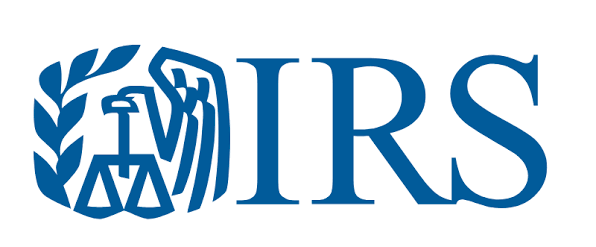The other day I received an 800 number Toll Call, the electronic voice told me my Social Security account had been compremised, had suspicious activity and had been closed. If I had any questions, please dial “One”. I hung up because if the Social Security department wanted to contact me, they would write me a letter. They don’t call unless you ask them to call you in response to a question you have. Seriously. And you can check your Social Security Account online any time you want.
Unfortunately, phone and email scams are more common than ever. Here are some tips on how to spot a phone or email scam, along with some of the most common recurring examples you might find at work.
Please take into consideration this isn’t a comprehensive guide. Scammers are always coming up with new ways to trick people into giving them ID information or money or both. However, these scams are some of the most common because they have been prevalent for the last several years per my research.
The iTunes Gift Card Scam

You could be sifting through your emails one day, doing your usual morning proceedure, when you see an email from your boss. It asks a simple enough question: “Do you have a minute?” or something else to that effect. Once you’ve acknowledged you’re free to talk, they’ll email you back saying they’re about to go into a meeting and ask for you to get iTunes or Google Play gift cards, then ask you to give them the codes on the back. Sometimes, this involves using a company credit card, or they might trick you into thinking you’ll be reimbursed for your expense. You won’t.
There are other variations on this one, too. It might be someone posing as a family member or a utility threatening to shut off your water or electricity. The common factor for all of them though is that they demand you pay in iTunes gift cards.
Chances are, your boss wouldn’t want to reward your team with a bunch of iTunes gift cards. If you get an email asking you to go buy a lot of separate gift cards or any in larger quantities, do not reply any further.
If all else fails, don’t be afraid to call your boss directly or step into their office for clarification. It could save you and your company hundreds or thousands of dollars.
The Chinese Embassy Scam
This one relies on the caller being a permanent resident or other recent immigrant to the U.S. Lately, due to an influx from that country, they tend to target immigrants from China and use a Mandarin-language robocall.
To those of us that don’t understand Chinese, this robocall is just confusing and weird. To people who do speak Chinese though, the call threatens their immigration status. The recording claims to be from the Chinese consulate or embassy, saying that they have an important document to be picked up. It might also claim they can pick it up through UPS or their bank. The recording warns that the document could affect their immigration status and that they should follow call instructions for more information. It ends with a live scammer telling the victim to wire money to a bank in Hong Kong.
Although this might seem like a very niche method of scamming people, it’s unfortunately been effective. The FTC estimates that this scam has stolen millions of dollars from American residents who did nothing wrong. However, because it plays on fears of being investigated by the Chinese government and deported, it’s not always easy for victims to spot. It’s also getting more prevalent.
If you get a call like this, hang up immediately. If you keep receiving them, consider reporting it to the FTC. Most importantly, take note: Government agencies, including foreign consulates, will not call you unsolicited.
IRS Scams

These ones are more during tax season. The IRS scam usually involves the victim receiving a call from an unfamiliar number. The person calling will claim you owe money back to the IRS and threaten you with arrest if you don’t pay it back. You might even receive an email along those lines, also threatening arrest.
This scam tends to target people who are older, but anyone could receive a bogus call demanding you pay back taxes immediately. Another sign you’re receiving a fake call is that the caller will demand you pay in a specific way, like with a prepaid debit card, a gift card or by giving your credit card number over the phone. All of these methods are against IRS policy.
Remember: The IRS will never call or email you unsolicited about tax information. If you receive a threatening call from someone claiming to be from the IRS, hang up and call the IRS directly at 800-829-1040 to confirm.
The Account Update Scam

There are a few subtle ways to tell whether or not the email you’re receiving is real. They include:
- Check the email address. In fact, check the email address on other emails you’ve gotten from that company in the past. For example, Netflix emails its customers using addresses ending with “@mailer.netflix.com,” whereas some scammers might try to use @mail.netflix.co or @netflix.work. This is one of the telltale signs, so be sure you check who’s sending the email.
- Proofread it. Oftentimes, phishing emails have spelling or grammatical errors. Although mistakes do happen, large companies like Microsoft and Netflix have an entire team of people proofreading their emails before they go out. Any text that’s less than immaculate should be regarded with suspicion.
- Does it read like it’s trying to scare you? The email might threaten to close your account, or tell you that you’ve been hacked and need to verify with your user name and password. If this is the case, contact the company or log in through a separate email or call them, if possible. Whatever you do though, do not reply to the email directly.
Most of all, with any type of unexpected email or phone call, trust your gut. If something seems suspicious, hang up or delete the email. It could save you and your company from having to restore or replace expensive technology, and a lot of hassle at the same time.















